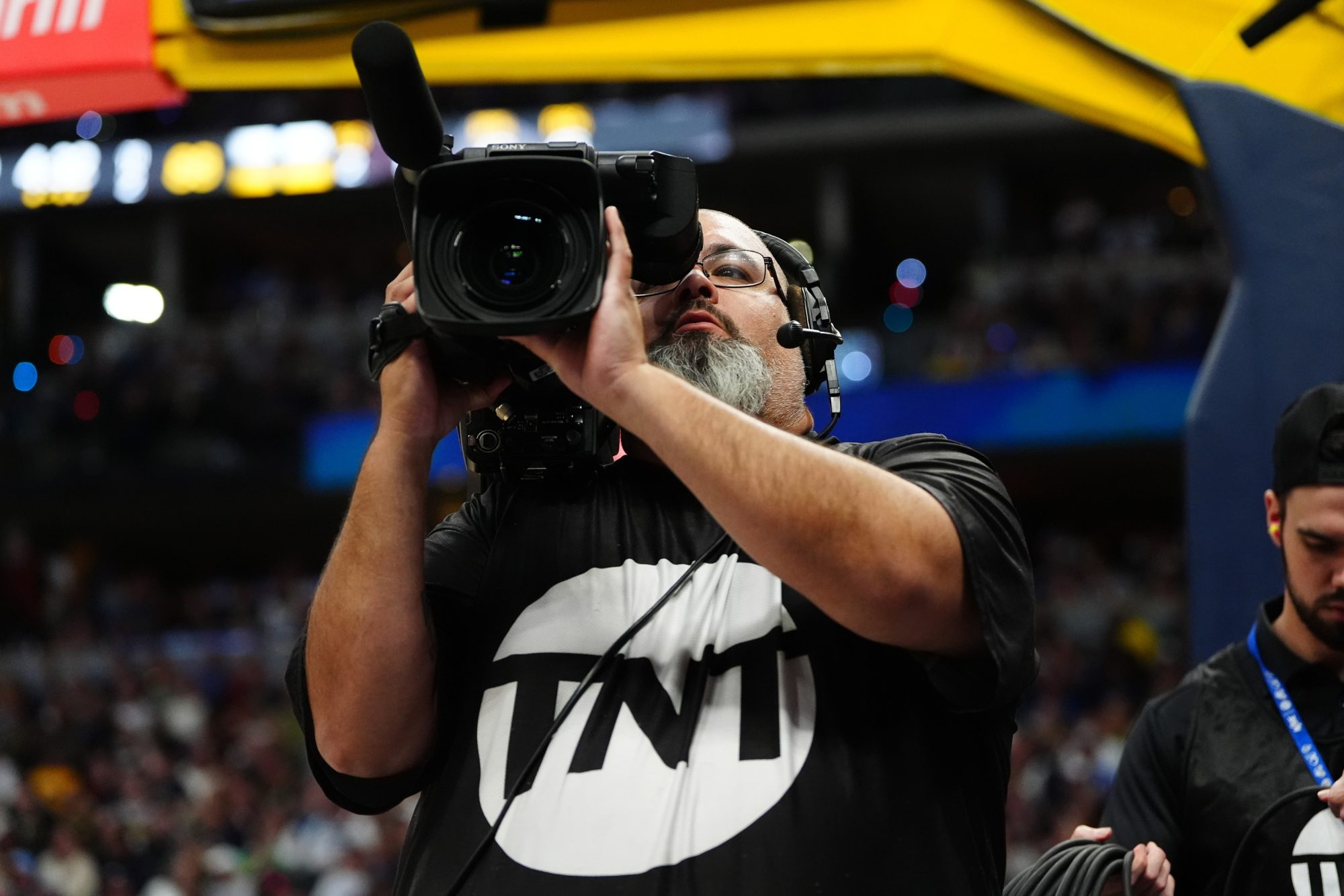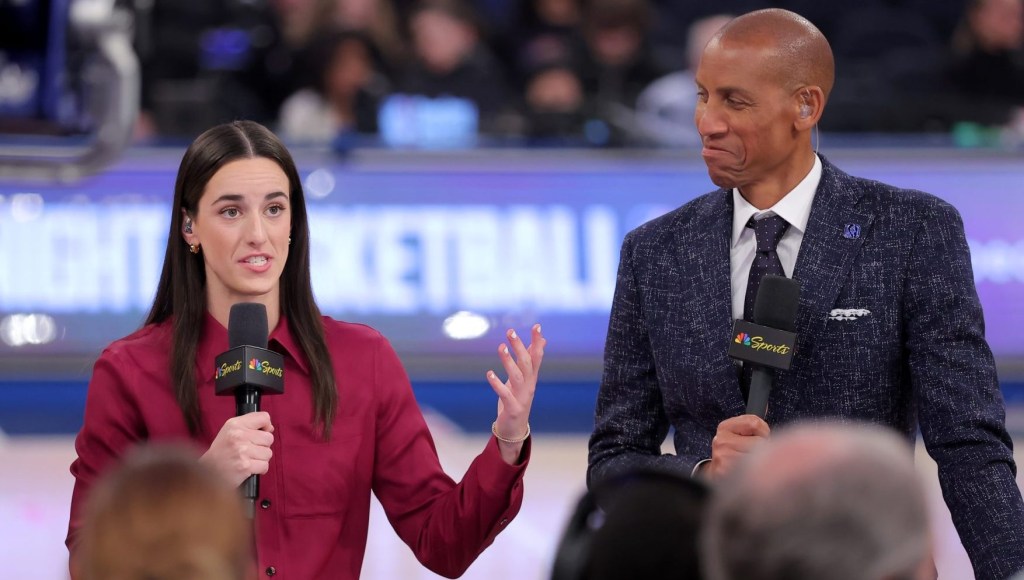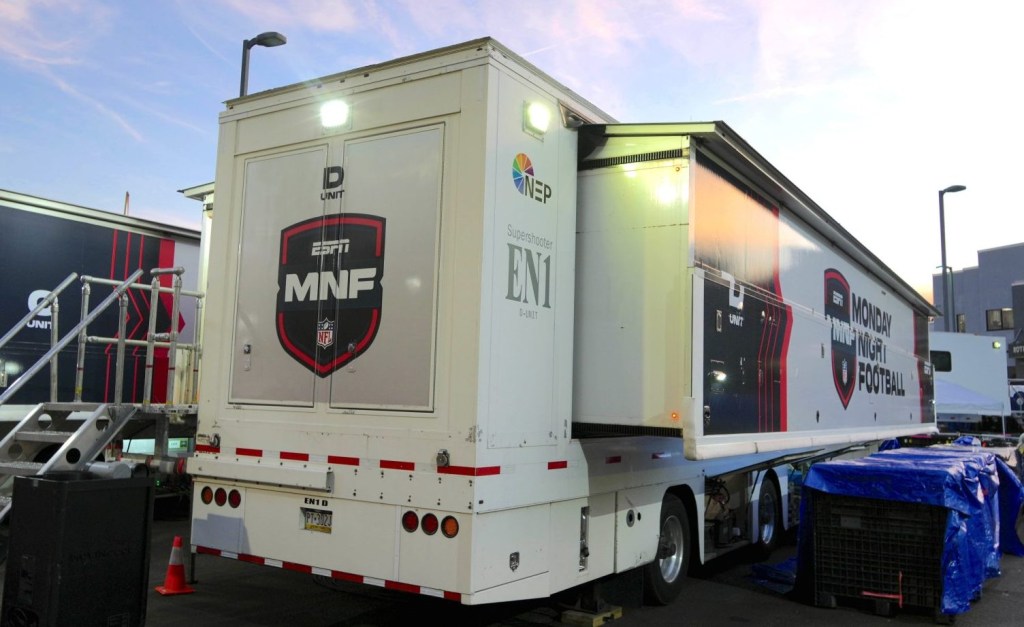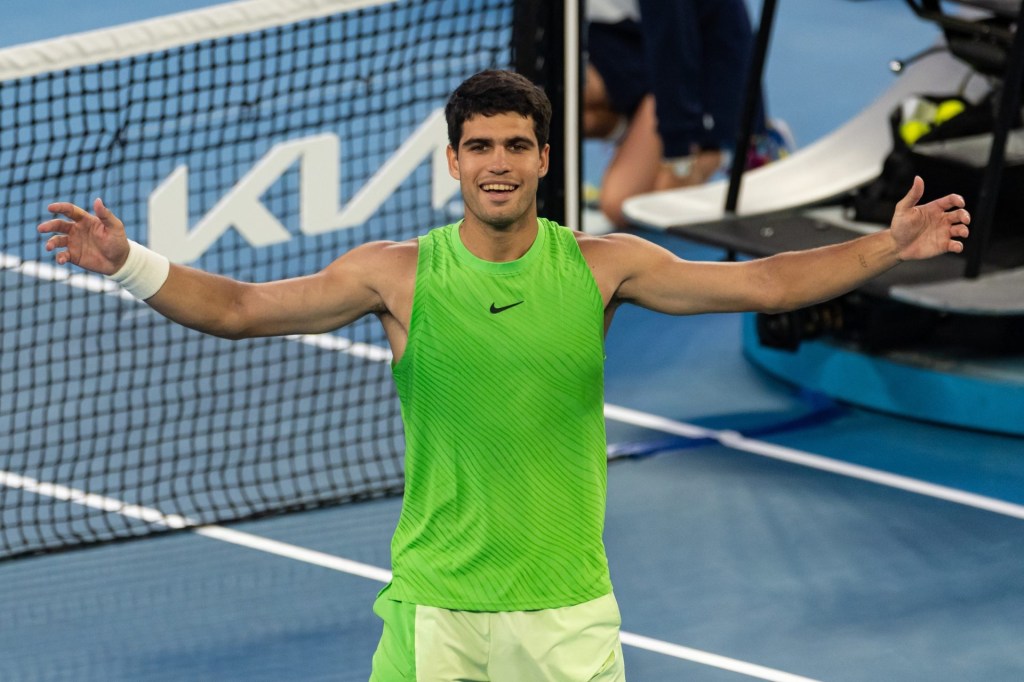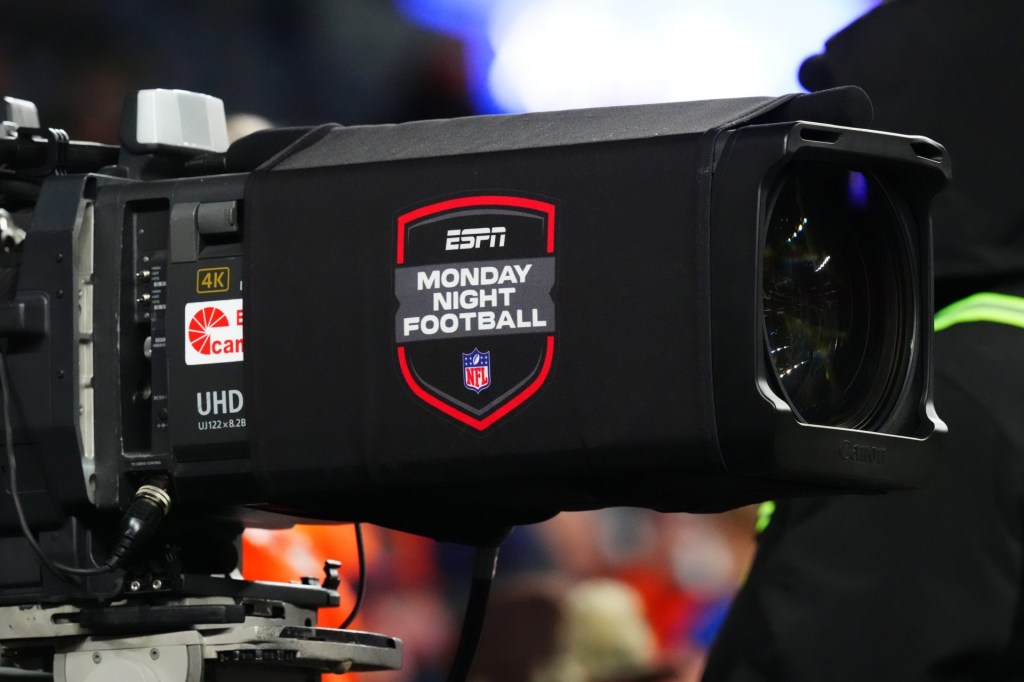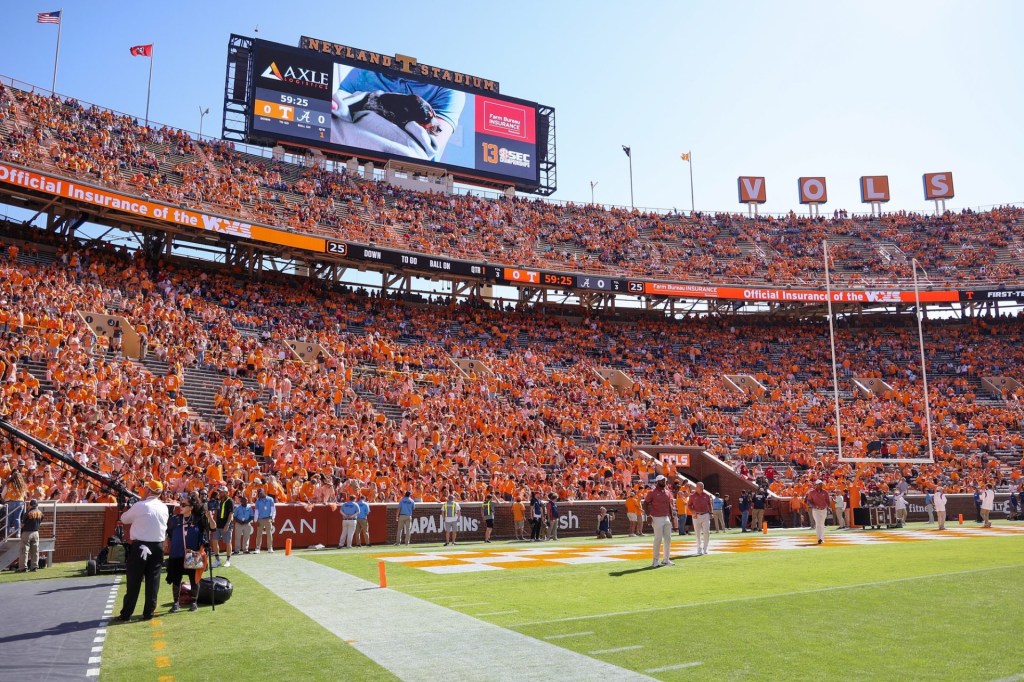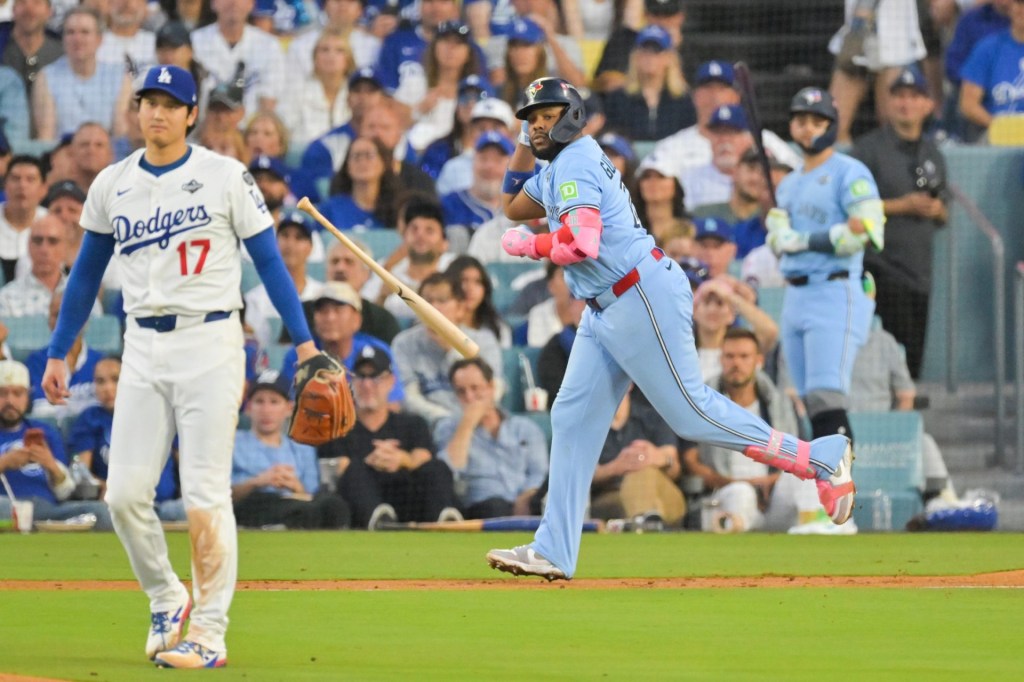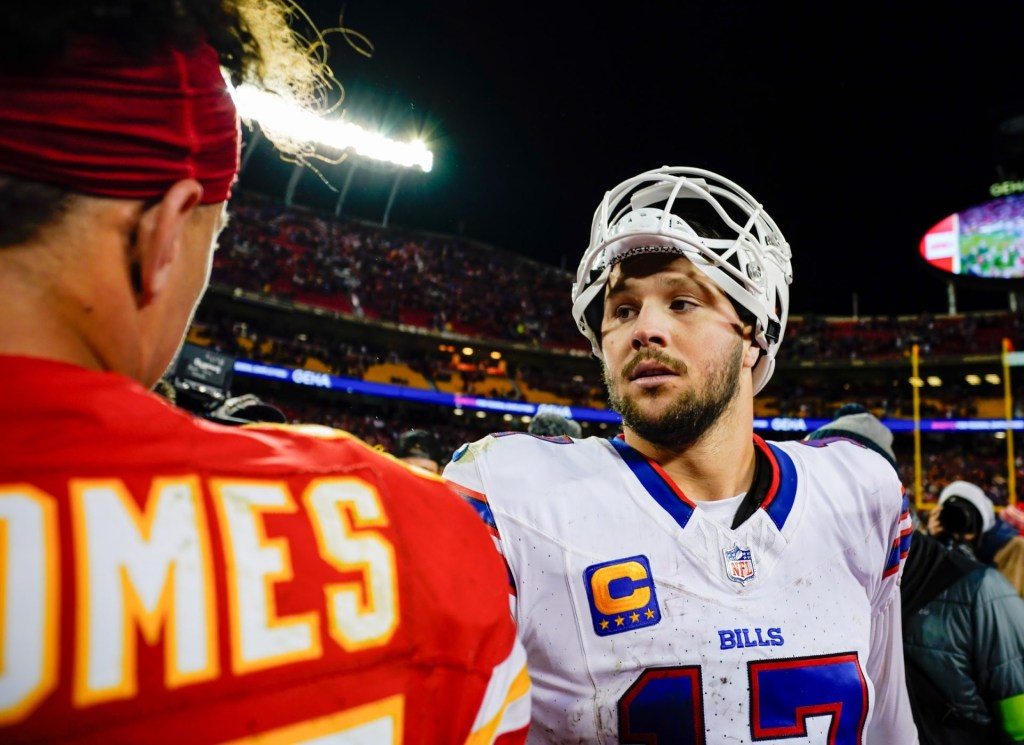TNT Sports parent company Warner Bros. Discovery is splitting into two entities, with sports something of an unknown in the future corporate equation.
After months of speculation, WBD said early Monday that it will split into two independent, publicly traded companies: a Streaming & Studios operation including WBD’s film and TV productions, DC Studios, HBO, HBO Max, and WBD’s film and TV libraries, and a separate Global Networks business that will include TNT Sports in the U.S., Bleacher Report, CNN, Discovery, and free-to-air channels in Europe.
WBD president and CEO David Zaslav, whose 2024 compensation of $51.9 million just received a firm rebuke from investors, will lead the Streaming & Studios company. Gunnar Wiedenfels, WBD’s CFO, will assume the same role for Global Networks.
The separation, targeted for completion in mid-2026, is designed to unlock shareholder value, particularly as WBD stock has sagged by nearly two-thirds since the 2022 merger between AT&T’s Warner Media and Discovery Communications to create the current company. Similar to Comcast’s spin-off of most of its cable networks in an entity now called Versant, the move also seeks to limit some of the exposure from cord-cutting that is fundamentally reshaping the linear TV business.
Deal Structures
In the new structure, Zaslav and the Streaming & Studios group he’ll lead will have most of WBD’s top intellectual property and a future in streaming. The Global Networks group, led by Wiedenfels, more consistently makes money as of now, but also has more long-term downside and will inherit most of WBD’s current debt. Global Networks will hold up to a 20% stake in Streaming & Studios, and it will look to use earnings from that holding to pay down the debt.
“The decision to separate Warner Bros. Discovery reflects our belief that each company can now go further and faster apart than they can together,” Zaslav said on a Monday call with Wall Street analysts.
Sports programming, however, remains something of a muddled entity in the broader vision. As of now, TNT Sports has a home in the Global Networks business, but many of the company’s top events are shown on Max, set to revert this summer to its prior HBO Max name.
“The U.S. sports rights will reside at Global Networks, and its management team will determine the streaming and digital rights over time,” Wiedenfels said.
Zaslav, however, added that in the U.S., sports “hasn’t been a real driver” for streaming consumption on Max, extending a more dismissive posture he’s held regarding the company’s live rights.
Investors initially cheered the forthcoming split, sending WBD shares up more than 10% in early Monday trading. The rally would soon fizzle, though, and stock ultimately closed down 3% for the day, ending the session at $9.53 per share.
Roland-Garros Success
As WBD remains in the midst of a significant transition with its sports portfolio, most recently nearing additional College Football Playoff sublicensing rights from ESPN, the company also had a huge lift from its now-concluded coverage of the French Open. Final viewership data is not expected until Tuesday, but the network’s debut effort in Paris included the instant classic, five-set men’s championship match between Jannik Sinner and champion Carlos Alcaraz.
Even before Alcaraz completed his win, WBD extended on Sunday its European rights, outside of France itself, to the French Open through at least 2030. During the first week of the tournament, WBD said it generated streaming audience increases across many key European territories, including Germany, Italy, the Netherlands, and the U.K.
